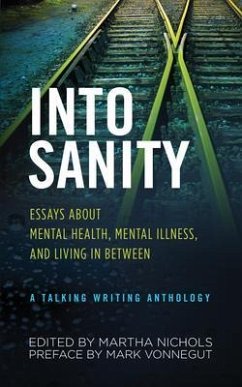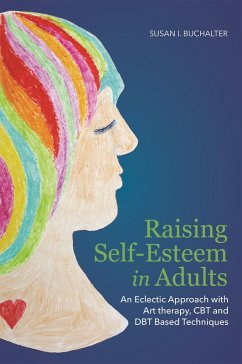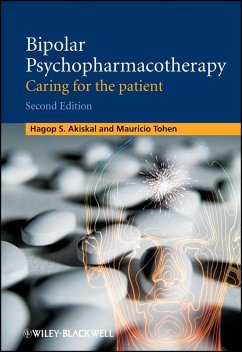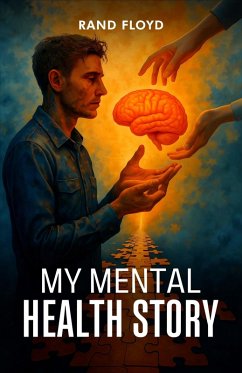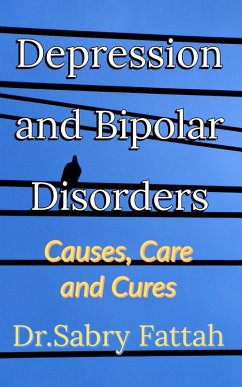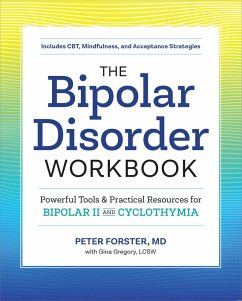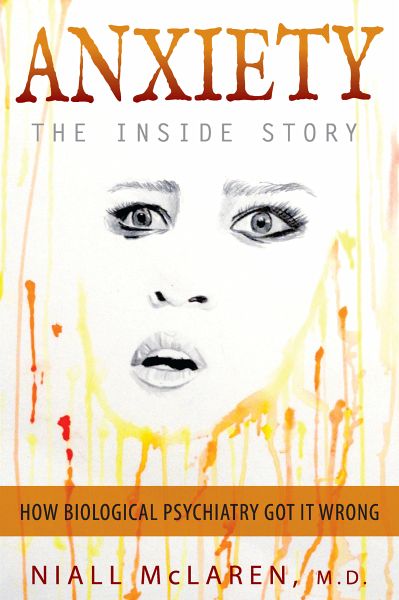
Anxiety - The Inside Story (eBook, ePUB)
How Biological Psychiatry Got it Wrong
Versandkostenfrei!
Sofort per Download lieferbar
8,57 €
inkl. MwSt.
Weitere Ausgaben:

PAYBACK Punkte
0 °P sammeln!
In Anxiety--The Inside Story, the author takes a critical look at modern psychiatry's twin notions that all mental disorders are biological in nature, but anxiety is hardly worth worrying about. By the simple process of taking a careful, detailed history, Niall McLaren shows that anxiety is far more common and far more destructive than mainstream psychiatry realizes. Detailed case histories chart how anxiety arises as a psychological disorder and how it reinforces itself to the point where it destroys lives. McLaren concludes that anxiety is a major factor in most mental disorders, especially ...
In Anxiety--The Inside Story, the author takes a critical look at modern psychiatry's twin notions that all mental disorders are biological in nature, but anxiety is hardly worth worrying about. By the simple process of taking a careful, detailed history, Niall McLaren shows that anxiety is far more common and far more destructive than mainstream psychiatry realizes. Detailed case histories chart how anxiety arises as a psychological disorder and how it reinforces itself to the point where it destroys lives. McLaren concludes that anxiety is a major factor in most mental disorders, especially depression and bipolar disorder. This book will change your understanding of mental disorders. Niall (Jock) McLaren writes as he speaks and he pulls no punches. I love this. People should listen to what he has to say about the academic corruption of his specialty, psychiatry. Read this book. The man is unique. And funny, as well. -- Prof. Peter Gotzsche, Director, Nordic Cochrane Centre, Copenhagen Debilitating anxieties are frequently misdiagnosed as "depression" by GPs and specialists alike. In this wonderfully accessible account of anxiety, Dr. McLaren demonstrates with great clarity--and very movingly--how a case history approach can help patients confront and overcome their psychological demons. He provides compelling evidence that instead of drugging people, listening to them attentively and analytically has to be the beginning of the healing process. -- Dr. Allan Patience, University of Melbourne Anxiety--The Inside Story offers readers a devastating, blistering critique of psychiatry, together with a provocative exploration of how anxiety, so often dismissed as a "minor" difficulty, should be understood as the root cause of so much suffering--which manifests in a diverse range of behaviors that get wrongly categorized as distinct psychiatric "illnesses." Niall McLaren presents a compelling case that psychiatric care in Australia and beyond needs to be completely rethought. -- Robert Whitaker, author of Mad in America and Psychiatry Under the Influence From Future Psychiatry Press
Dieser Download kann aus rechtlichen Gründen nur mit Rechnungsadresse in A, B, BG, CY, CZ, D, DK, EW, E, FIN, F, GR, H, IRL, I, LT, L, LR, M, NL, PL, P, R, S, SLO, SK ausgeliefert werden.





